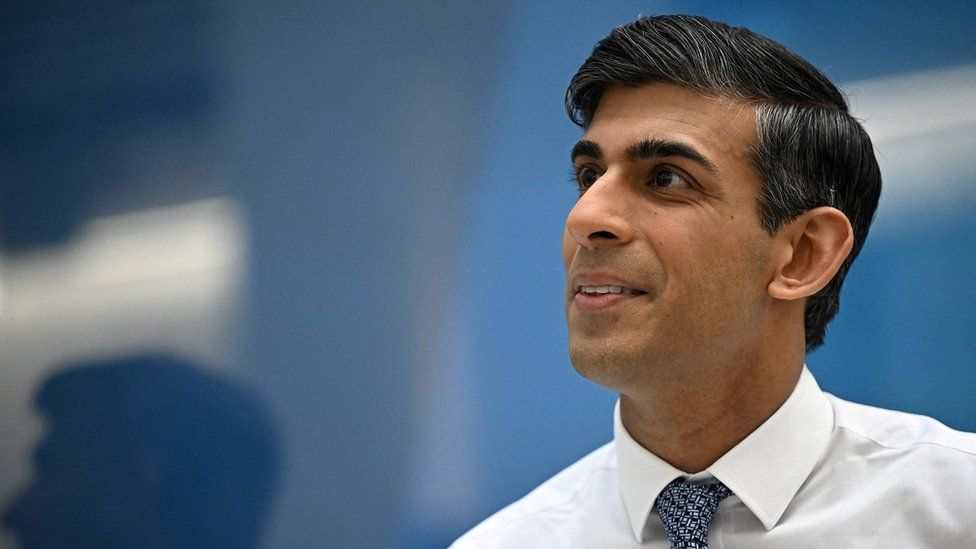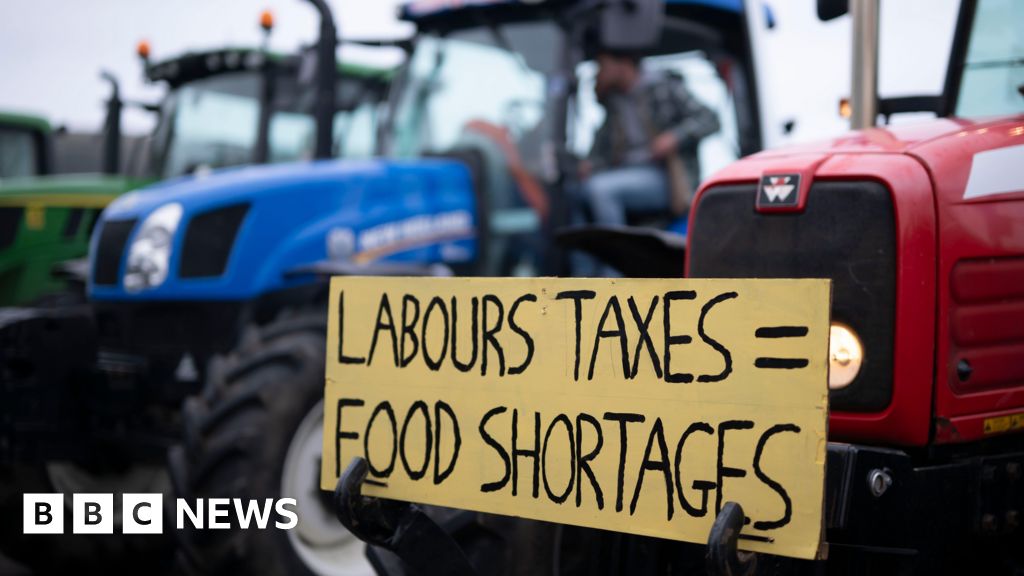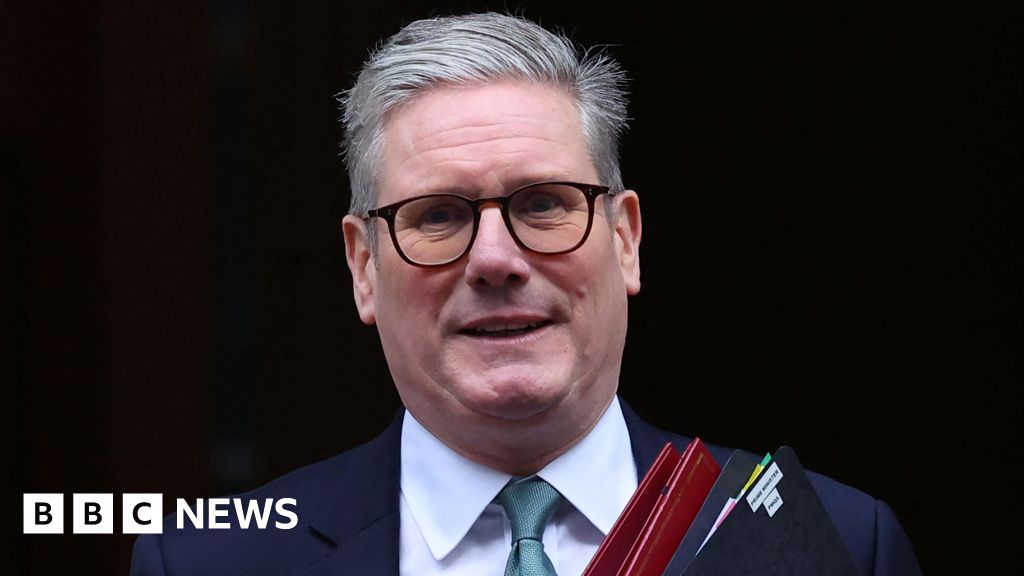ARTICLE AD BOX

By Chris Mason
Political editor, BBC News
"Let's hope this is one of the last great rollercoaster moments of Brexit."
So said one government figure to me, anticipating an important moment today - but worldly enough to realise it's not necessarily the end of the story.
These negotiations, between the government and Brussels, the government and Conservative backbenchers, and the government and Northern Ireland's Democratic Unionist Party (DUP), have resembled diplomatic Jenga - wobbly bricks here, there and everywhere.
One element has been all but done for a while, and, we expect, to be sorted today - the deal between London and Brussels.
The prime minister, I hear, spent Sunday calling and texting world leaders with an interest in all of this, and speaking to some cabinet ministers too about the deal to be done on Monday.
There is still the talks between Prime Minister Rishi Sunak and the European Commission president Ursula von der Leyen.
Among the things they will talk about, I'm told, is dealing with what some in London regard as a "democratic deficit" for Northern Ireland - that it needs more of a say about future changes in EU rules that will have an impact there.
But let's be clear: the European Commission president would not be coming here unless it was sorted.
Don't be surprised if her visit also includes some sort of meeting with the King. Buckingham Palace declined to comment when I asked if this would happen.
But it is diplomatically awkward, I'm told, for such promises to be made - as they were last week - for a meeting on Saturday which was then postponed, only for it not to be kept.
I also hear, though, that there are some strong words being exchanged within Whitehall about the whole idea of offering a meeting with the King so close to a major political moment, when Buckingham Palace is always desperate to not look like it is getting involved in politics.
What about the politics of all this for Rishi Sunak?
Downing Street will emphasise what they see as the immediate positives of the deal: a better arrangement for Northern Ireland. And resetting relations with the EU.
Both of these things matter: the former in winning round sceptics, potentially over time, that this does amount to an improvement on what went before.
And the latter for everything else the prime minister has to sort with the cooperation of the European Union, not least the issue of small boat crossings in the Channel.
Mr Sunak is due in Paris next month for talks with French President Emmanuel Macron.
Sorting the small boats issue is tremendously difficult but having a decent working relationship with France would help.
Re-establishing devolved government in Northern Ireland is the ultimate prize, but is not being talked up much right now by government sources.
They hope, of course, that it might follow in time - but that is far from certain. The DUP, having sounded rather sceptical, have now gone rather quiet.
Remember, there are a range of voices within the DUP.
What Downing Street will hope for is that the party formally says it will go away and look at the deal, and examine it in detail, rather than instantly and loudly reject it.
The leader of the Traditional Unionist Voice, Jim Allister - a rival to the DUP - anticipates "a day of unprecedented spin and possibly deception as pressure is piled on unionism to give in on the protocol." - ie he doesn't sound remotely keen.
Then there are Tory Brexiteers.
Some are now in government, and some are won round.
Steve Baker, now a Northern Ireland minister, went into Downing Street over the weekend and came out and gave a very prominent thumbs up in front of the cameras.
But Mark Francois, the chairman of the European Research Group of Tory backbenchers, is not convinced.
And then, there is one Boris Johnson.
What might he say or do, and how much grief might he fancy causing the prime minister? We'll soon find out.
It's why a diplomatic breakthrough for Mr Sunak is also a moment of political jeopardy.

 1 year ago
20
1 year ago
20








 English (US)
English (US)